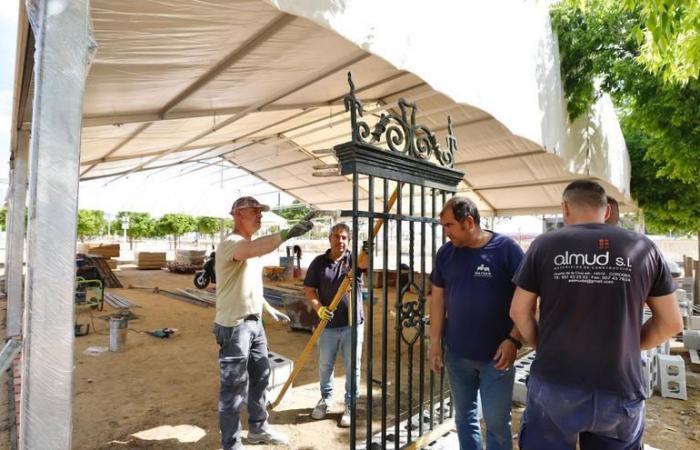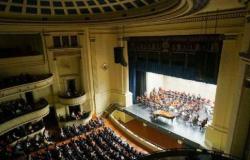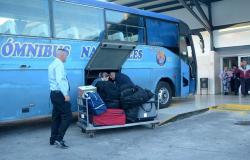How, when and who decides the popular consultation on the permanence of the booths at the Córdoba FairManuel Murillo
Popular consultations are regulated by Law 2/2001, of May 3, on the Regulation of Local Popular Consultations in Andalusia and their expenses will be borne by the convening municipality. The standard establishes that they are the instrument for knowing the opinion of neighbors about matters of municipal and local jurisdiction that are from special relevance for their interests, without its result binding the local entity convening it, in this case the City Council of Córdoba.
The law determines that in no case may matters be submitted to local popular consultation when any of the options to be chosen are contrary to the legal system, and matters pertaining to the Local Treasury are also excluded from the local popular consultation.
Consultation about the Seville Fair
Seville recently held a popular consultation on the duration of the Seville Fair, which concluded with the decision of a shorter festival model, of 7 days, than the one they were celebrating. In Córdoba, they also want to consult the people of Córdoba on an issue that affects the May Fair to decide whether or not the cassette players can leave permanent structures at the El Arenal fairgrounds throughout the year. Some of these cassette players argue that assembly costs would be reduced and it would allow the booths to be provided with higher quality services. Others think that El Arenal currently has other uses that would be affected by this decision.
Meeting of the Fair Commission, yesterday at the Córdoba City Hall.
Who can request a consultation
The initiation of the consultation procedure can be carried out by the Municipal Corporation itself, by means of an agreement adopted by a simple majority at the proposal of a municipal group, or by the request of a group of neighbors, signed by a number of signatures that, at least, is equal to 6,150 plus 3% of the inhabitants that exceed 100,000 inhabitants. In this case, It was the Fair Commission, with the mayor, that proposed holding a consultation.
Within five days following the acceptance, where appropriate, by the Plenary Session of the Corporation of the request for popular consultation, or the adoption of the initiation agreement by the Corporation itself, it must be submitted to public information. The plenary agreement must contain the exact terms of the consultation, which must consist of one or more questions, worded unambiguously, so that the electoral body can pronounce itself affirmatively or negatively.
Who is requested
Having agreed to hold a popular consultation, the municipality will request the required authorization from the Government of the Nation, in application of the provisions of article 71 of Law 7/1985, of April 2, Regulating the Bases of the Local Regime. The mayor will send a literal certification of the favorable agreement of the Plenary, along with a copy of the fileto the Ministry of the Interior of the Junta of Andalusia. Said request will be processed through the Presidency of the Junta de Andalucía, which will send it along with the corresponding report, within a period of no more than 20 business days from receipt of the agreement referred to in the previous section, to the Government of the Nation. for your authorization.
Once the Government of the Nation has adopted the agreement authorizing the holding of the local popular consultation, the Presidency of the Junta de Andalucía, within five business days from its receipt, will transfer it to the Ministry of the Interior, for its referral to the affected municipality within the following two business days.
What will the process be like?
The popular consultation must include a information campaign with a duration that will be set in the decree of convocation, and in no case may it be less than ten days or more than fifteen, and it must end at midnight on the day before the day designated for the vote. During that time, the City Council may carry out an institutional campaignl for the purpose of informing about the date of the vote, the voting procedure, the requirements and procedures for early voting and the text of the question or questions that are the subject of the consultation, without under any circumstances influencing the direction of the vote. .
Voting and counting
The members of the polling station or tables will meet at 8:00 a.m. on the day set for voting at the corresponding location. At nine o’clock, and once the constitution document has been issued, which will be signed by the members of the board, the voting must begin and will continue without interruption until 8 p.m., at which time the president will place the envelopes in the ballot box. containing the votes cast in advance, with the members of the Board then voting. Once the voting is completed, the vote will be counted, which will be public, and will be sent to the Zone Electoral Board.






